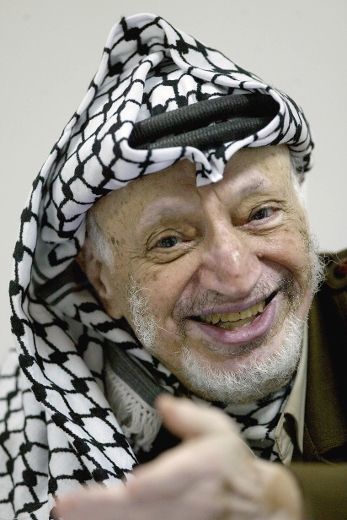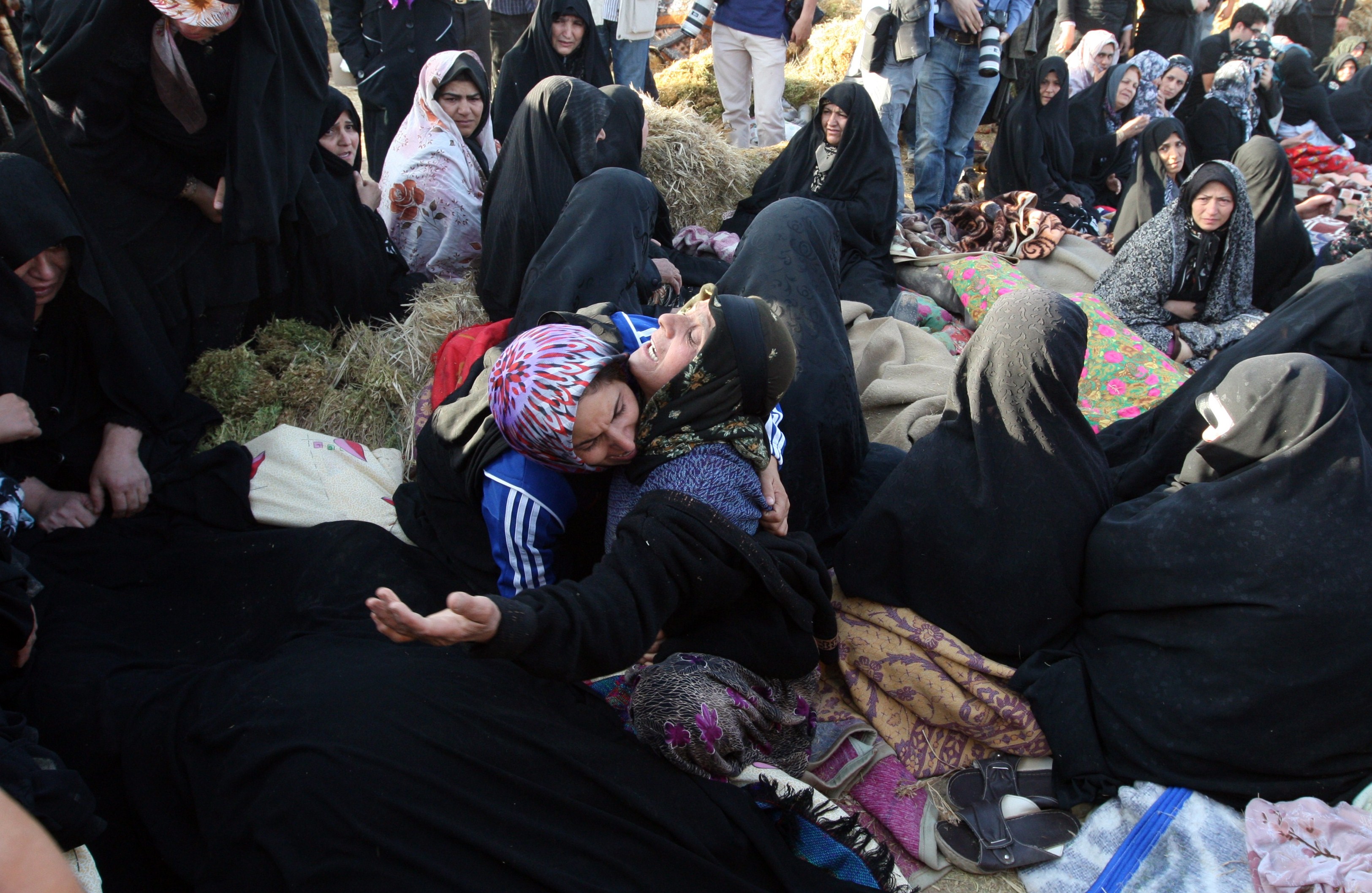
(AFP File Photo)
The detention of a Christian school teacher in Luxor was renewed on Saturday for an additional 15 days, pending investigation.
Demiana Abdel Nour, a 24-year-old social studies teacher in Luxor, presented herself to the public prosecution, last Wednesday in response to complaints filed by parents of three students accusing her of insulting religion.
Egyptian Initiative for Personal Rights (EIPR) Researcher Ishak Ibrahim, said the complaints claimed that Abdel Nour-who teaches at Shiekh Sultan primary school- insulted religion and the Prophet Muhammad by saying that the late Pope Shenouda III performed more miracles than the Prophet, and allegedly placed her hand on her stomach to convey nausea when mentioning the Prophet’s name.
Ibrahim added that the school’s administration as well as ten other students have confirmed that there is no truth to the allegations. The EIPR researcher added that Abdel Nour had declared a hunger strike since her detention and was hospitalised on Friday.
Amnesty International has since called for the release of Abdel Nour. “On numerous occasions, Amnesty International has called on the Egyptian authorities not to prosecute individuals based on blasphemy laws, which criminalise criticism of or insult religious beliefs,” read a statement issued by the international organisation.
“It is outrageous that a teacher finds herself behind bars for teaching a class,” said Hassiba Sahraoui, Middle East and North Africa programme deputy director at Amnesty International, in the statement. “If she made some professional mistake, or deviated from the school curriculum, an internal review should have sufficed.”
Last September Beshoy Kamel was sentenced to six years in jail in Sohag; three years for insulting Islam, allegedly for sharing offensive images of the Prophet Mohamed on Facebook, two years for insulting the president, and one for insulting the person who filed the case against him.
Nevine El-Sayed, a Coptic social studies teacher in Assiut, was arrested for contempt of religion, but was released in October when it was proven that the student whose parents filed the complaint was not in class the day the alleged incident took place.
Ibrahim pointed out that the lack of a clear definition for “contempt of religion” leaves too much of the fate of such complaints in the opinions of some judges.



